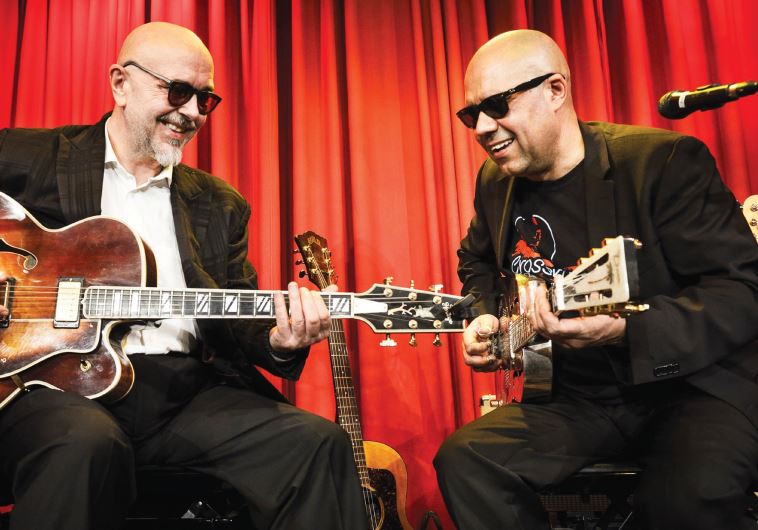The blues are alive – in Germany too
German guitarist-vocalist Todor Todorovic together with his Blues Company will churn out the vibes at Mike’s Place bars throughout the country.
 German bluesman Todor Todorovic (left) with Mike Titre, the other half of the Blues Company blues duo
German bluesman Todor Todorovic (left) with Mike Titre, the other half of the Blues Company blues duo